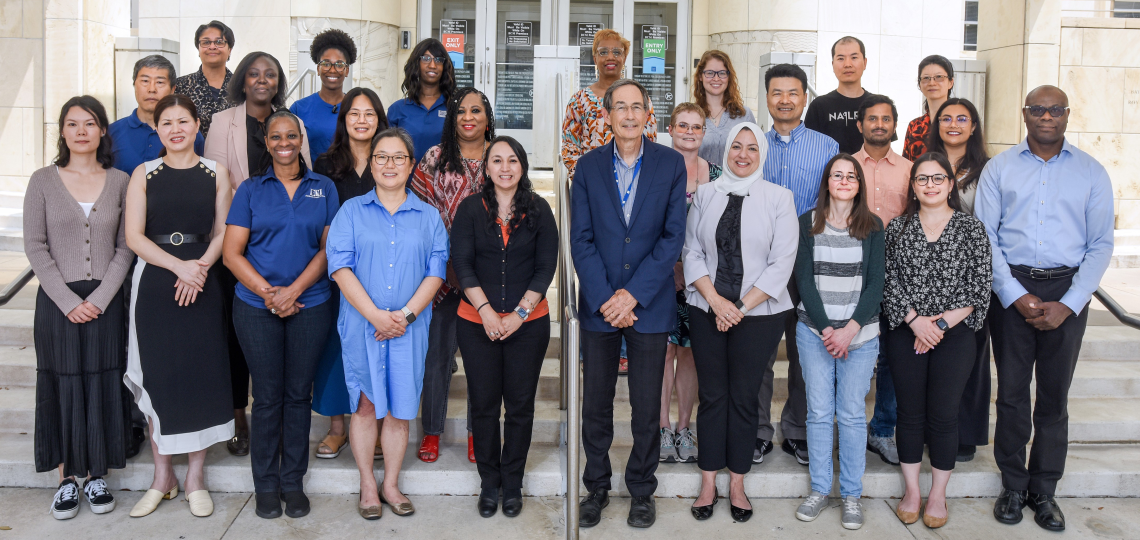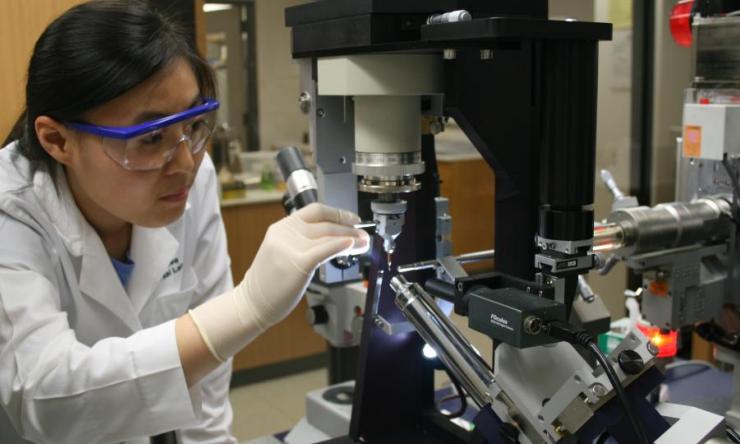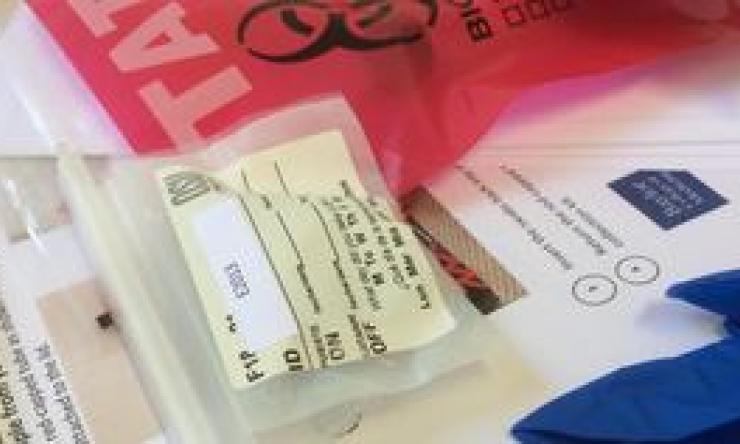
Section Highlights
- The Section of Epidemiology and Population Sciences drives research that explores how and why diseases impact communities—and how to prevent them.
- Our faculty apply a multidisciplinary approach, integrating fields like genetics, cancer research, nutrition, and behavioral science to better understand complex health challenges.
- Faculty members translate science into real-world solutions, shaping clinical practices and informing public health strategies that protect and empower populations.
- The section is deeply committed to training the next generation of scientists and fostering an environment of mentorship, collaboration, and continuous learning.
- Faculty achievements reflect national and international recognition, including prestigious speaking invitations, academic promotions, and features in leading media outlets.
- The research is guided by the belief that advancing population health begins with rigorous inquiry, community connection, and a passion for making a difference.
- Our researchers seek to understand how diseases emerge in populations: Which factors leave individuals at the greatest risk for illness as well as policy changes implemented and how this may promote the health of our community in the future.
- Researchers in the section employ a diverse portfolio of techniques from a variety of medical and scientific disciplines, including: genetics, nutrition, oncology, quantitative biology, and health psychology.
- The community is our patient, and our studies address both personal and public health, informing physicians at the point of care and policymakers.
- The Section’s annual grant funding was $13.1 million; The Cancer Prevention & Research Institute of Texas (CPRIT) funded $4.8 million.
- CPRIT Training Grant Systems Epidemiology for Cancer Training Program (SECT Program).
Current Studies

RESPOND Prostate Cancer Study
We're collaborating with the National Cancer Institute, the National Institute on Minority Health and Health Disparities, and other institutions across the United States to investigate prostate cancer in African American men.

Studies in the Badr Lab
Faculty member Dr. Hoda Badr and her lab conduct psychosocial interventions to improve the physical and mental wellbeing of participants with cancer and their caregivers. If you or a loved one has been affected by cancer, you might be eligible for one of Dr. Badr's studies.
Chief's Message
View a message from Aaron P. Thrift, Ph.D., Interim Chief, Section of Epidemiology and Population Sciences.
Education
The section offers a Post–Graduate Systems Epidemiology of Cancer Training (SECT) program.
Research
Learn more about the research aims and methods employed in Epidemiology and Population Sciences.
News
Read more about the latest press, studies and collaborations happening in the Section of Epidemiology & Population Sciences.












